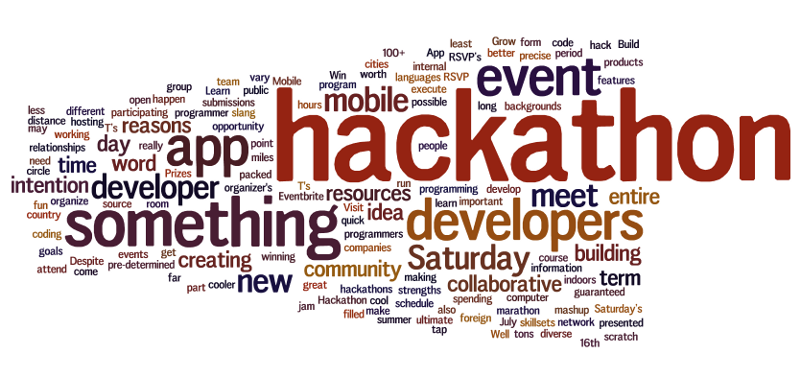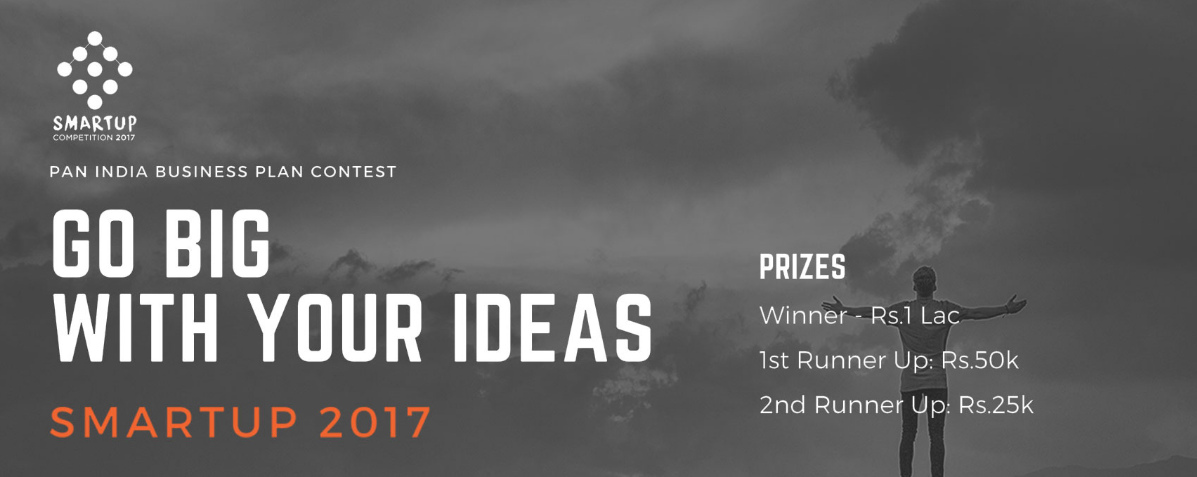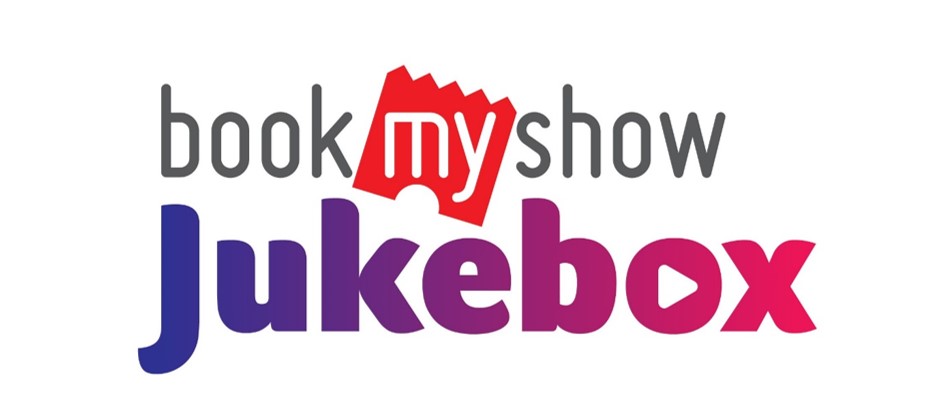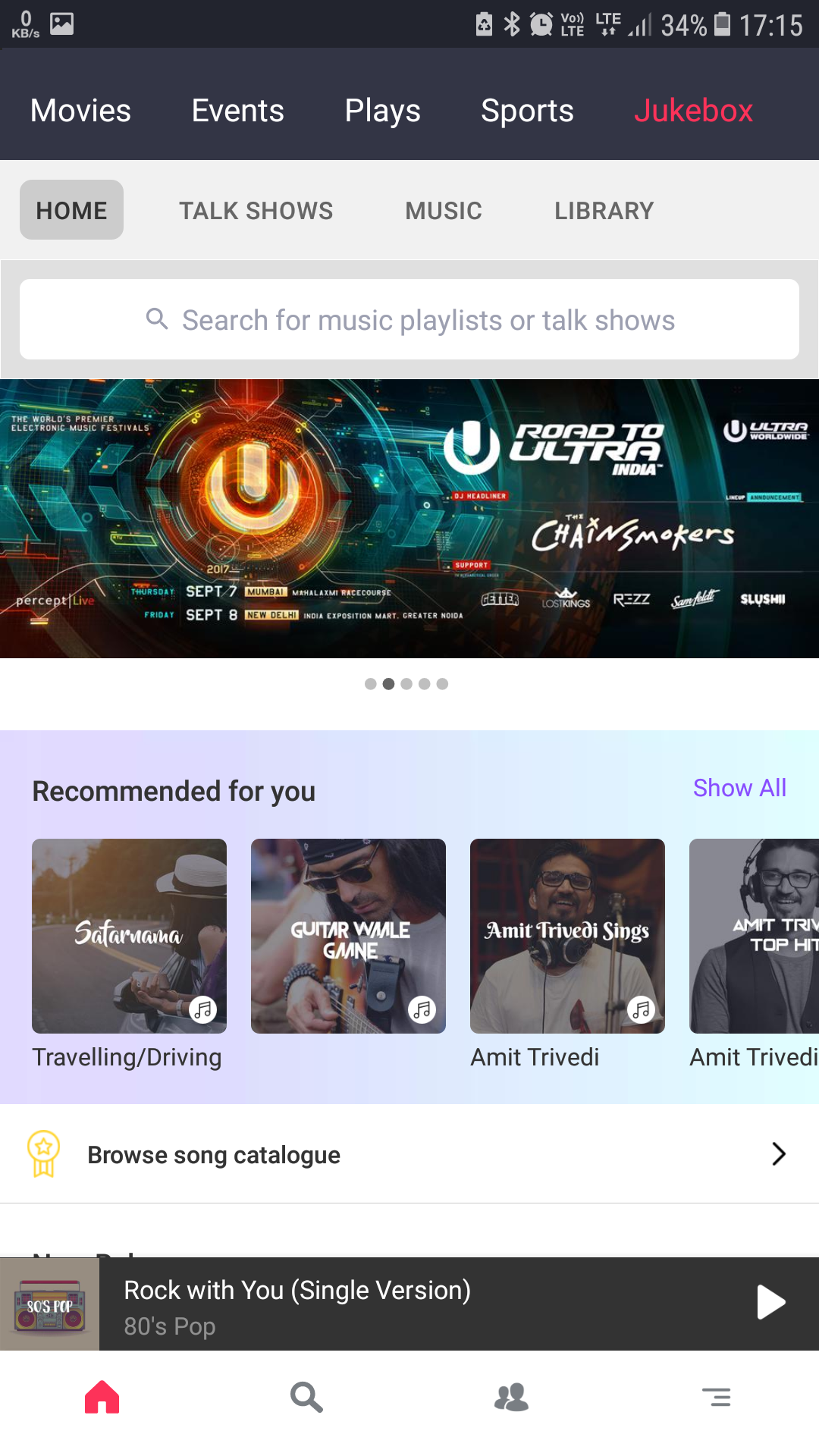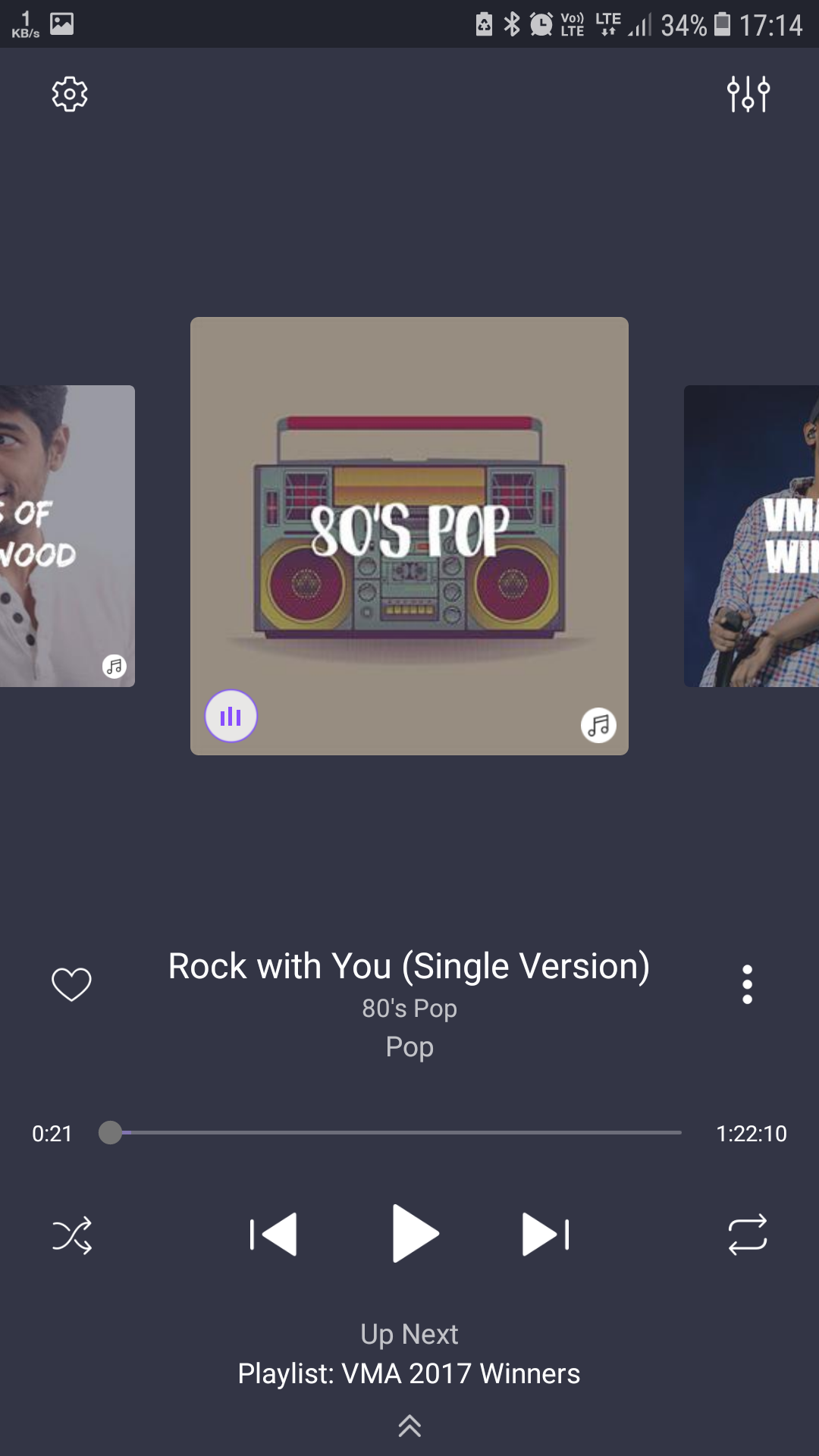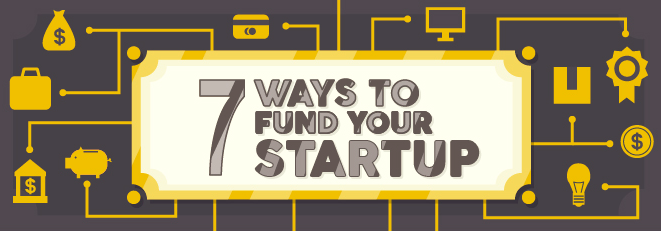Health 2.0 and the Indian School of Business [ISB] are excited to announce the fourth edition of the Health 2.0 India conference on November 10, 2017, at ISB’s Hyderabad campus. The theme of this year’s conference is ‘Highlighting Innovation and Enabling Growth in the Indian Healthcare Ecosystem’ with a focus on showcasing cutting-edge innovations that are transforming healthcare.

The conference will host over 30 visionary speakers along with 20 live demos from some of the most ground-breaking technologies in the healthcare industry. Sessions have been planned to enable an interactive, learning experience and networking with peers, experts and innovators in this space. Health 2.0 is working closely with ISB’s Max Institute of Healthcare Management in curating the conference panel. The conference has been designed for C-suite professionals, CIOs, hospital providers, government officials, public policy experts, clinical engineering professionals, investors, entrepreneurs, patients, healthcare delivery staff and digital innovators.
Expressing his views on the importance of this conference, Professor Sarang Deo, Executive Director, Max Institute, ISB, said
The Max Healthcare Institute and faculty at ISB are working on developing deep insights that can help improve health systems in India and the region. Early findings from these studies, across a wide range of settings and disease conditions, highlight the critical role of digital technology in expanding healthcare access in a cost-effective manner. A large number of start-ups are working on bringing exciting technologies, mobile apps, products and services to the market.
It is necessary to combine this energy and creativity with pragmatism and experience of industry insiders. In this context, we are excited to partner with Health 2.0, to host the India conference that will bring together stakeholders across the entire health technology ecosystem on a common platform.
Sharing an industry perspective, Matthew Holt, Co-Chairman, Health 2.0 said
From our very first conference in San Francisco in 2007, Health 2.0 has explored the worlds of ‘user-generated healthcare’. What became our tag line contains the germ of a compelling idea that India and the surrounding region bring to life. Patients are using new tools to guide their own care.
And these tools are starting to integrate with the healthcare system. Doctors, patients, and healthcare organizations are all starting to use a new generation of online and mobile technologies which are fundamentally changing the way healthcare is delivered. Health 2.0 India will focus on the specific opportunities of the Indian market in Piloting new technologies, Innovations in Med tech, Operational Efficiency through technology in hospitals, investment trends and global opportunities in Indian healthcare ecosystem.
The discussions at the Health 2.0 India conference will be around the following –
- Innovation in Med Tech and Digital Health Tech in India
- Adopting New Technologies through Piloting, How Hospitals Measure Success in Pilots
- Innovations on the Front Lines, Advances in Point of Care Technologies for Rural Settings
- Investment Trends in India’s Health Tech
- Operational Efficiency, Supporting Hospital Teams with Tech
- Advancing Home Care
- Global Opportunities in India
The conference promises to be a learning, engaging and networking platform with participation from some of the best minds in this space. Some of them include
- Dr. Balram Bhargava, Executive Director Stanford-India Biodesign and Professor of Cardiology at AIIMS, New Delhi
- Shashank ND, Co-Founder and CEO of Practo
- Dr. Scott Dulchavsky, CEO, Henry Ford Health System
- Ravi Ramaswamy, Head – Health Systems, Philips Innovation Campus, India
- Dr. Mudit Kapoor, Group CEO, CARE Hospitals
- Jitendar Kumar Sharma, CEO, Andhra Medtech Zone
More details on the speakers and agenda for the conference available here



